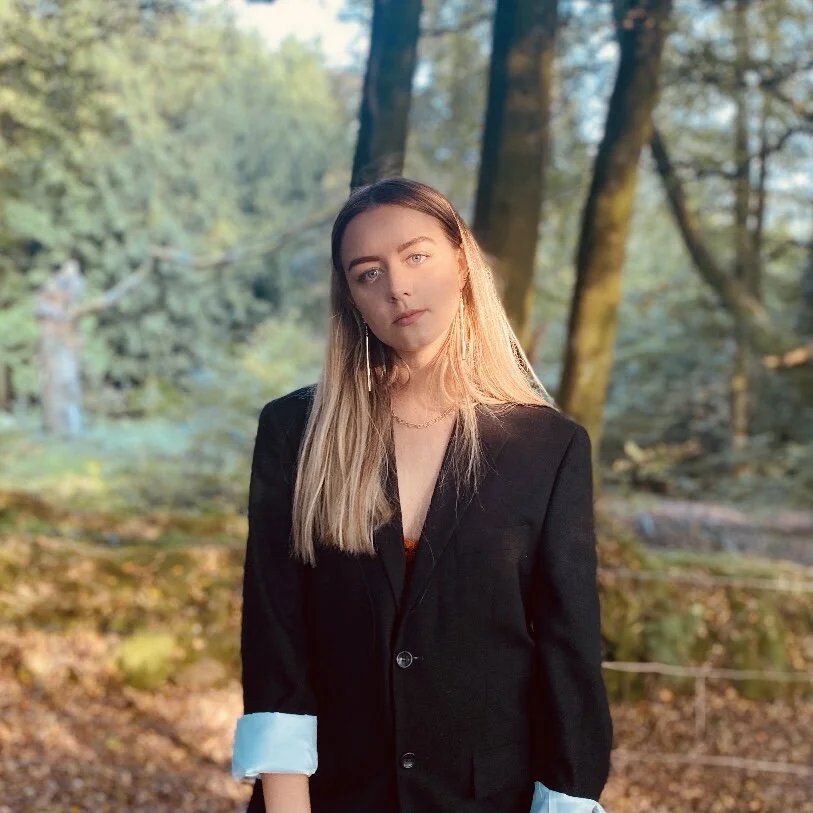Why a Plant-Based Diet Will Save the Planet
I have from an early age abjured the use of meat, and the time will come when men such as I will look upon the murder of animals as they now look upon the murder of men. - Dmitry Sergeyevich Merezhkovsky
The days of the only option for vegetarians being one soggy pea patty burger are long over. Supermarkets now offer consumers an extensive range of plant-based and meat-free products, alternative kinds of milk or even vegan condiments.
Alongside the influx of fancy vegetarian brands has come a whole host of specific diets, including the plant-based diet. Generally, a plant-based diet refers to a diet that either entirely or mainly involves plant foods, like vegetables, fruits and whole grains. Plant-based diets are different from being vegetarian or vegan in that it does not necessarily mean you consume no animal products - it is a lot more flexible.
I turned vegetarian in 2017 after suddenly realising I actually hated the taste of meat. I stayed vegetarian when I realised the health benefits, and I turned plant-based when I educated myself on the climate crisis and the dairy industry’s role. Despite a couple of slips up, I have not really looked back.
I highly doubt that this will be the first article you have read trying to convert you to a plant-based diet, but the stakes are higher than ever. Covid-19 is not the only disease to have emerged from an animal population experiencing severe environmental pressure due to deforestation, and it definitely will not be the last.
Our leading biodiversity experts predict there will be more pandemics in the future unless we stop the senseless destruction of the natural world. If you have ever considered changing to a plant-based diet specifically to save the planet, you have to do it now.
If you have no idea why or how to switch to a plant-based diet, this article will tell you.
First up, a quick science lesson to explain why our global food production system is both contributing to greenhouse gas emissions but also incredibly vulnerable to the threat of climate change.
The exact statistics differ depending on where you look, but our global food system currently accounts for around 37% of the UK’s greenhouse gas emissions, or a quarter of the world’s total emissions. This figure also includes food loss and waste which current estimates set at up to 8-10%.
Specifically, it involves the masses of methane gas produced by livestock and extensive deforestation to expand farming pastures. For example, the devastating Amazon rainforest fires in 2019, for example, were the direct result of ranchers trying to meet the global demand for beef.
Soil plays a huge role in absorbing carbon emissions through plants and is the largest carbon store after the oceans. Humanity’s deforestation and poor farming practices have caused extensive damage to this important process. The only real solutions are better-controlled animal grazing, tree planting, and reducing the global demand for meat. Bare in mind that you have limited power as an individual over the first two.
These facts are without recognising the impact of rising temperatures, increased rain and more extreme weather events on our crops and livestock. If you want physical evidence, look at May 2021, which is set to become the wettest on record.
A quick google search will evidence hundreds of studies on the benefit of a plant-based diet for your physical health. It is higher in fibre, complex carbohydrates and water content. It can support your immune system through the greater inclusion of phytochemicals and antioxidants. Plus, several studies have connected plant-based diets to lower rates of heart disease, Type 2 diabetes, and some cancers.
But how does a plant-based diet help reduce our impact on the planet? Because plant-based proteins like nuts, beans and lentils require a much smaller portion of land to produce and harvest, meaning we are less reliant on processes like deforestation to farm our meat.
The benefits of a plant-based diet in relation to climate change are irrefutable. In 2018, Oxford scientists constructing the most thorough analysis of the damage of farming found that avoiding meat and dairy products was the single most significant way to reduce your environmental impact on the planet. Specifically, their research evidenced that reducing meat and dairy consumption could reduce global farmland use by more than 75%, or an area of land bigger than the US, China and Australia combined.
If you want to know more following this read, I’d suggest starting with Cowspiracy, Seaspiracy, Forks Over Knives or Game Changers. One of these documentary films turned Russell Brand vegan, but I will let you try and figure out which one. Good luck - and remember, one person cannot do everything, but everyone can do something.
Written by Rhianna Hurren-Myers
Originally from Taunton Deane, Somerset, Rhianna is currently studying an MA at Cardiff University in ‘Public Relations and Communications Management’. With hopes to work in the sustainable communications industry, Rhianna’s personal writing often centres on topics surrounding climate change, inequality, and current affairs.
She has been the Features Editor for Cardiff University’s award-winning Quench Magazine for nearly two years, which won ‘Best Section’ at the Cardiff Student Media awards for 2019-2020. In 2020, Rhianna was also part of the founding team of The Collective Magazine as Deputy Editor in Chief, which helps students and recent grads grow their creative portfolios outside of traditional, university-led student media.
In between university deadlines, Rhianna can be found sipping on some form of caffeinated oat milk and advising people on houseplant care via her @houseplantdiares_ Instagram blog.









